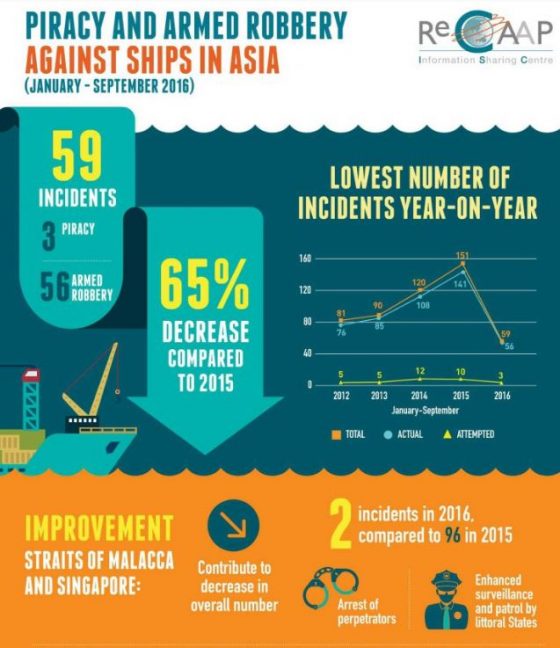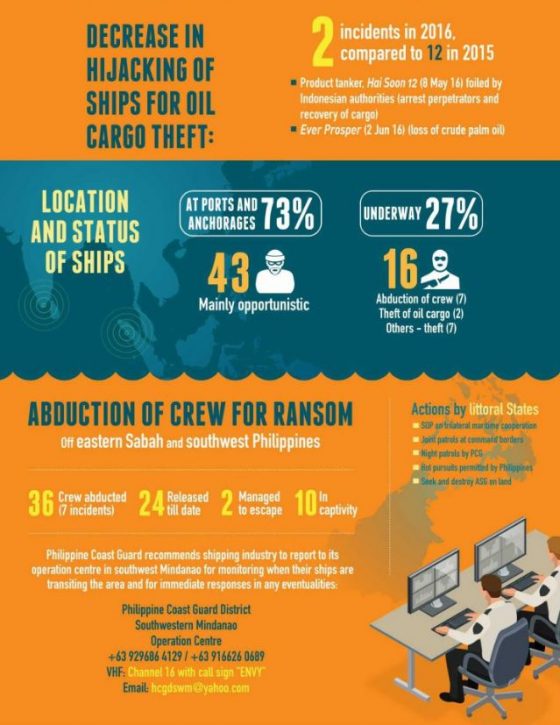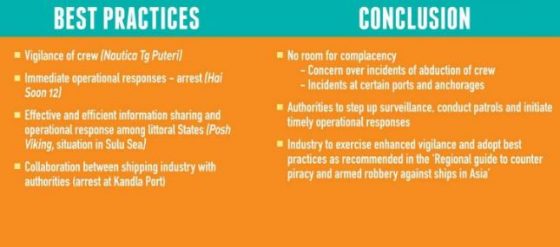
Ahoy, robots!
The $375 billion shipping industry, which carries 90% of world trade, is next in line for drones to take over—at least, that’s what Rolls-Royce Holdings is betting on. The London-based engine manufacturer’s Blue Ocean development team has already set up a virtual-reality prototype in its Norwegian office that simulates 360-degree views from a vessel’s bridge.
The company hopes these advanced camera systems will eventually allow captains in control centers on land to direct crewless ships. The E.U. is funding a $4.8 million study on the technology, and researchers are preparing a prototype for simulated sea trials next year.
“A growing number of vessels are already equipped with cameras that can see at night and through fog and snow—better than the human eye, and more ships are fitted with systems to transmit large volumes of data,” said one Rolls-Royce spokesperson. “Given that the technology is in place, is now the time to move some operations ashore? Is it better to have a crew of 20 sailing in a gale in the North Sea, or say five people in a control room on shore?”
Crew costs of $3,299 a day account for about 44% of total operating expenses for a large container ship, industry accountant and consultant Moore Stephens LLP told Bloomberg News. By loading more cargo and replacing the bridge and other systems that support the crew, such as electricity, air conditioning, water and sewage, ships can cut costs and boost revenue, claims Oskar Levander, Rolls-Royce’s vice president of innovation in marine engineering and technology. The ships would be 5% lighter before loading cargo and would burn 12% to 15% less fuel, he reported.
Unmanned ships would require captains to operate them remotely and people to repair and unload them in port, but the lack of crew at sea could change the landscape of piracy. Without people to take hostage, the risks would greatly reduce—as would the need for for kidnap and ransom insurance premiums. The material being transported, however, could be even more vulnerable without a human line of defense.
Further, the remote operating system opens the door to digital hijacking from hackers or cybercriminals.
Currently, human error—most notably tied to fatigue—causes most maritime accidents, according to Allianz. But, as the 600,000-member International Transport Workers’ Federation is quick to point out, humans are also the first line of defense in a field plagued by unpredictable conditions. “The human element is one of the first lines of defense in the event of machinery failure and the kind of unexpected and sudden changes of conditions in which the world’s seas specialize,” Dave Heindel, chairman of the ITF’s seafarers’ section, told Bloomberg Businessweek.
Drone cargo ships would represent the latest part of a rapidly automating supply chain. As Wired pointed out, as customers’ desire for ever-more-instant gratification mounts and companies like Amazon find ways to drastically cut shipping costs with technology, consumer pressure may make this too tempting a development to pass up.




